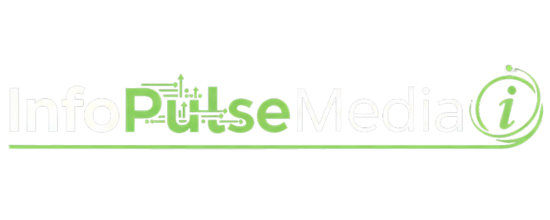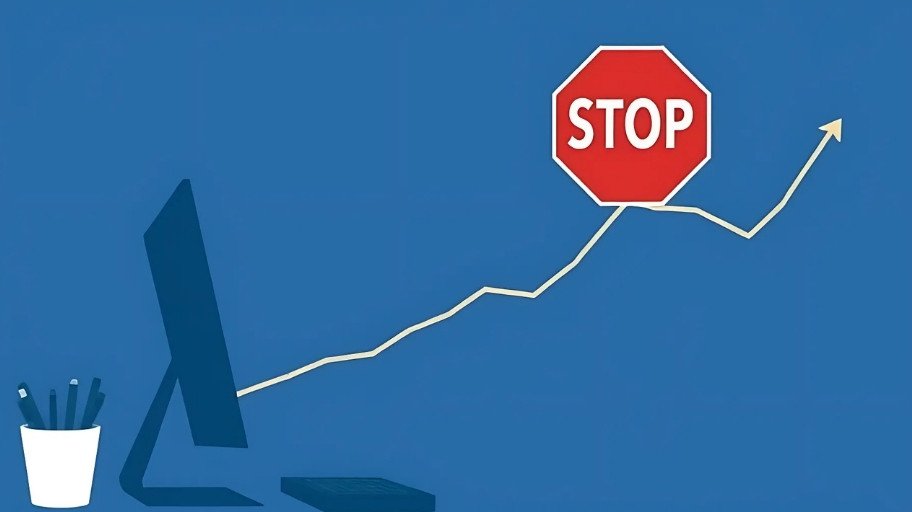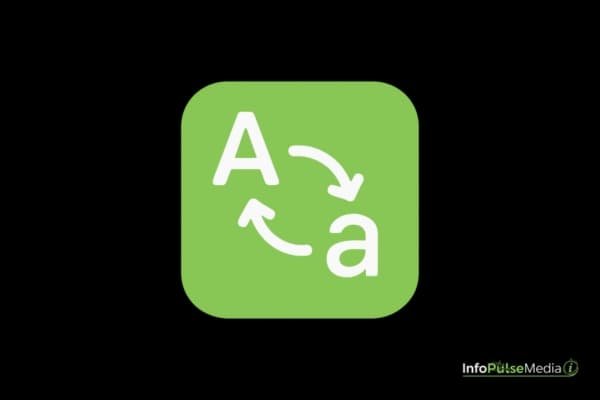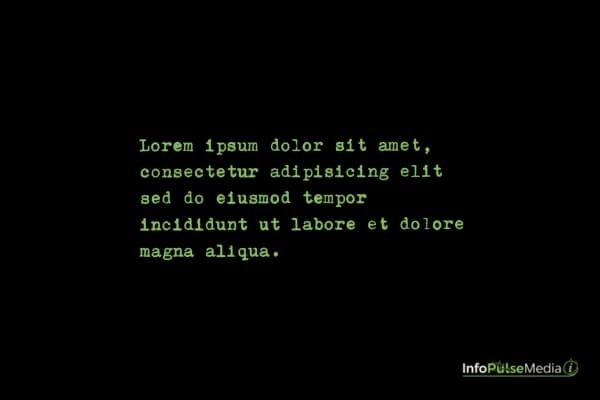We live in the golden age of productivity accessories. There’s a perfectly curated Instagram post for every possible way to organize your life:
Color-coded calendars, overpriced candles that claim to boost focus, and a stack of apps all tangled together pretending to be a system It’s noisy, it’s overpriced, and most of the time it just makes you look busy instead of actually working.
Walk into a comments thread on productivity and you will see the pattern. Some people swear by rigid systems (and they’re honest about how those systems save their bacon). Others shout “just sit down and do the thing” which sounds simple and for many painfully useless advice. The real truth sits somewhere in the middle.
Why we fall for this trap
There are two obvious reasons people obsess over systems instead of work. First, setting up systems feels safe. Its measurable and controllable in a world that often isn’t. You can make a spreadsheet, tweak a template, buy a planner, and feel like progress is happening. Second, modern attention economy forces us to fragment our focus. When every device, app, and platform is optimized to grab your attention, its easier to believe the solution is another piece of tech rather than a harder, uncomfortable behavior change.

Across the threads you provided, people called this out in blunt terms they mocked the digital centipede of apps, the endless planning, the habit trackers that induce anxiety (miss one day and the streaks ruined), and the false promise that buying a system equals becoming a better person. Developers in the AI thread added another angle: when tools make you faster, your job expectations expand. You become the person who can get ten things done, so they give you twenty. Productivity gains can get absorbed by the system, not you.
What works
Heres the simple human truth people kept saying, in real language:
Start small. Keep it basic simple raw whatever you like to call it.
The folks who actually get stuff done are rarely the ones with the nicest gear. They’re the people who choose one capture spot (a pocket notebook, a single app, a sticky note) and actually look at it. They pick the one or two things that matter and get those finished. They don’t ritualize their productivity stack into a new hobby.
Practical habits kept reappearing in the conversations:
- Pick three things each day that matter. Not seventeen. Three. If you finish those, your day is a win.
- Eat frog. The hardest first or most important task first. Ten minutes counts. Momentum snowballs.
- Touch-it-once rule. When you open an email or a small task, take a decisive action: file, reply, schedule. Don’t let it linger.
- Constraint is your friend. Set tight windows. Parkinson’s Law– work expands to the time given, actually helps if you give less time.
These aren’t sexy. They dont sell candles. But they work for productivity.
When tools are worth keeping
People with ADHD, heavy mental load, or complicated jobs often need the scaffolding. The difference is intent and cost: keep tools that reduce friction and externalize memory, not tools that add another upkeep chore.
Good tools do one of three things: make capture easier, automate boring grunt work, or keep a shared reality with other people (calendar invites, shared docs). If your app requires more fiddling than it saves, its theater.
From the what apps people actually use thread, the apps that stuck were often simple and purpose-driven
-Single notes capture (Drafts, Apple Notes, Obsidian for deeper knowledge)
-Single task manager (Things, Todoist) and a calendar you actually check.
Power users sprinkle in tiny automation tools (text snippets, quick launchers) to remove repetition, not to create another workflow to maintain.
Dose productivity becomes more work
A warning that repeated itself in the developer conversations: when you get faster, someone will ask you to do more. That’s a real, structural thing. Get good at turning out work quickly and the natural consequence is more expectation, not higher pay. So use speed as leverage to learn, to build something you can point to, to negotiate better terms or you will just become a faster cog.
People with ADHD
Some posts pushed back hard on the (just do it) rhetoric and rightly so. External structure, reminders, habit trackers, and templates are lifelines for many.
If a planner keeps you out of constant panic, keep it. The point is to avoid escalation into complexity for complexitys sake.
| (do this) | avoid this |
|---|---|
| One capture place, checked daily | Ten apps, checked sporadically |
| Top 3 tasks written down | Infinite, color-coded calendar |
| Start with the hardest task | Over-optimizing your setup instead of starting |
| Use tools to remove friction | Use tools to feel productive while not shipping |
What to try tonight
- Write your top three for tomorrow on paper.
- Put your phone out of reach for the first focused block. Start the hardest item for 10 minutes.
- Delete or disable one productivity app that you keep maintaining but never use.
Do this for a week. Notice what changed.
FAQs
1) Worried deleting apps means you will miss something
If an app genuinely surfaces important things you’d forget otherwise, keep it. But try disabling notifications and checking it at fixed times. Cull apps that mainly provide dopamine (likes, streaks) instead of real reminders.
2) Is Pomodoro useful or an overhyped toy?
People split here. Pomodoro is great as a start trick like set a short timer to overcome inertia. If the 25/5 rhythm works for you, use it. If it becomes another ritual you hide behind, ditch it.
3) How should someone with ADHD approach this?
Simple capture, strict reminders, body-doubling (working with someone else present), tiny wins. Keep systems minimal and forgiving habit trackers that induce anxiety are counterproductive.
4) How do I stop managers from dumping more work on me when I get faster?
Document your outputs, talk about capacity, and negotiate. Use speed to create visible projects or skills that justify a title bump or pay raise. If they only want more volume for the same money, consider your options.
5) Are templates, checklists, and notes always bad?
No. They’re great for repeatable work. The problem is obsession. Use templates to remove decision friction, then move on. The aim is less time building the checklist and more time executing it.




